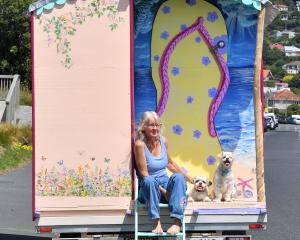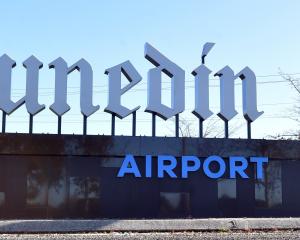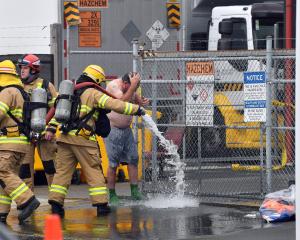Planned construction projects including the new Dunedin Hospital could pull people into a city already in dire need of improved housing stock.

Salvation Army Dunedin community ministries manager David McKenzie said New Zealand’s perfect storm in housing was also battering low-income earners in the South.
Dunedin had a low relative population, nationally, but the city did have dynamics peculiar to it, including the hospital rebuild and the fact a lot of its rental stock was "quite poor" and needed upgrading.
The situation was intensified by people returning to the country as a Covid-19 safe haven.
Dunedin was definitely worse off this year than last and more social housing had to be built, Mr McKenzie said.
The housing register, which did not account for everybody who needed a home, had been steadily growing and a month ago, 271 families were registered as in need in Dunedin, he said.
Salvation Army social housing director Greg Foster outlined the issue in a post-election briefing to Housing Minister Megan Woods.
Mr Foster said the situation was due to a series of factors including historically low interest rates and the monetary policy management of the Reserve Bank, which had allowed a sudden spike in house prices to emerge in the middle of a recession.
The Salvation Army expected things to get worse for at least for the next year to 18 months, Mr Foster said.
Rents and the price of affordable housing were likely to continue to rise faster than incomes, and the social housing waiting list would grow, he said.
The Salvation Army offered a raft of proposals for policy reform to Dr Woods, including addressing the impact of the Reserve Bank’s monetary policy on house price inflation, investigating progressive ownership, private housing co-operatives and institutional investment in private rental housing, and reviewing the effectiveness of the Government’s housing provider Kainga Ora.











